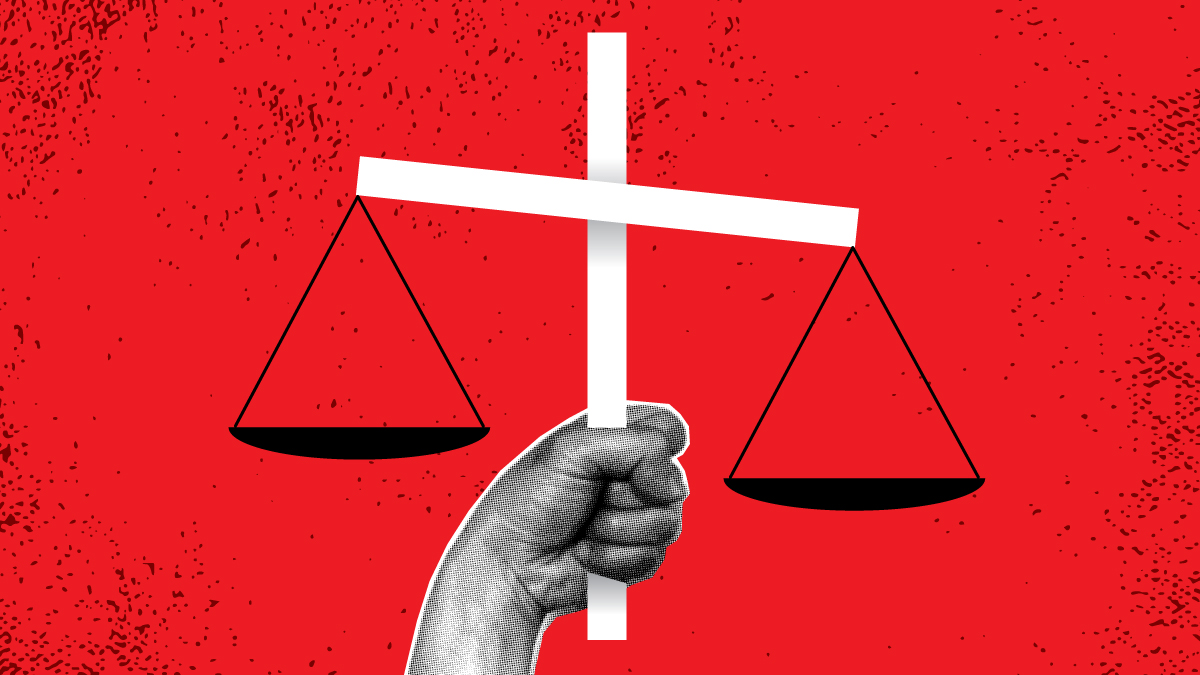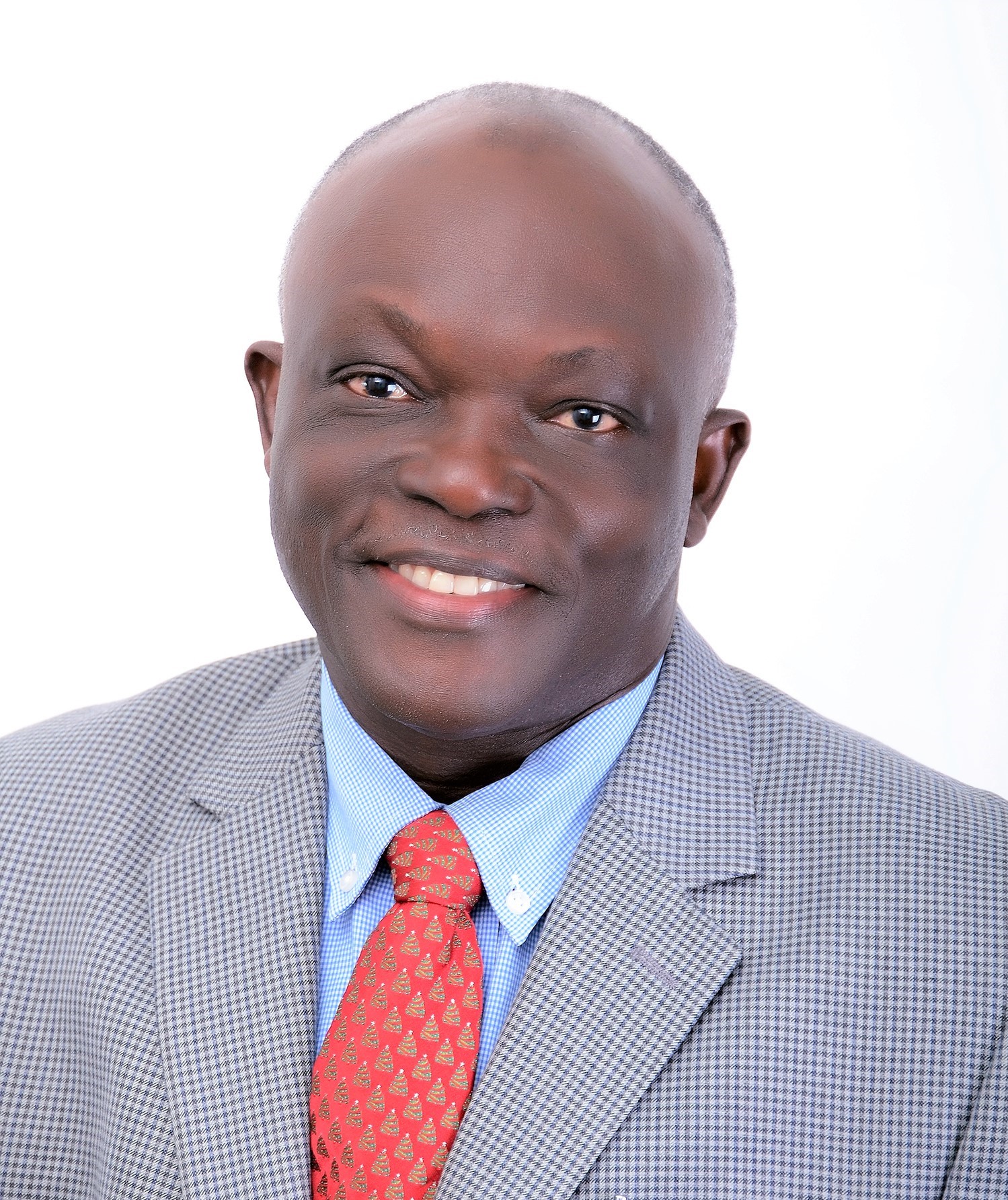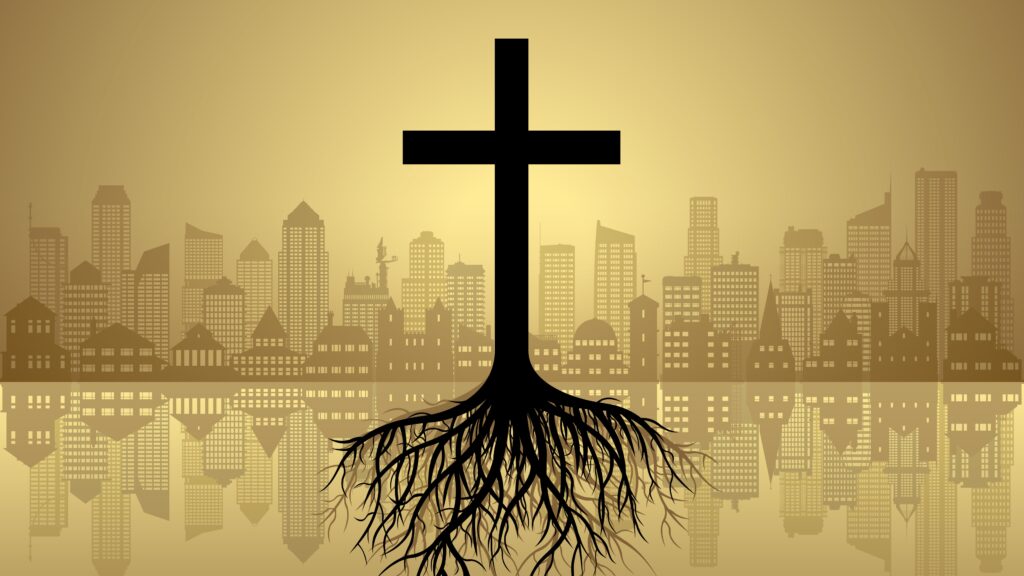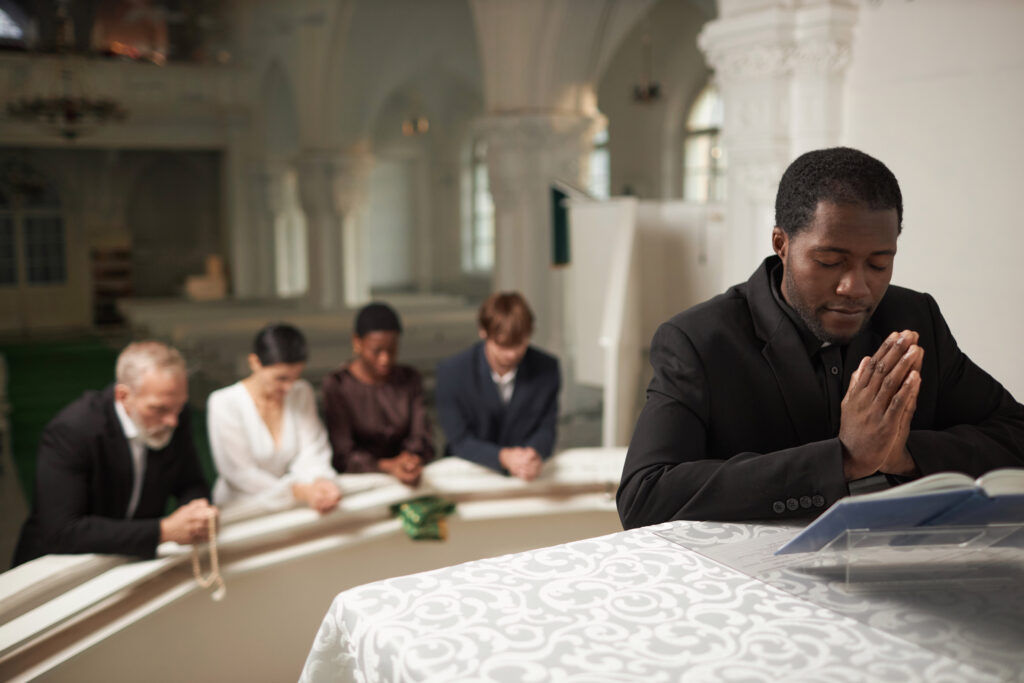
Issue 9: Race and Justice
Editor's note
Editor’s update: further perspectives on race and justice
‘If you are neutral in situations of injustice, you have chosen the side of the oppressor. If an elephant has its foot on the tail of a mouse and you say that you are neutral, the mouse will not appreciate your neutrality.’
Desmond Mpilo Tutu
When Archbishop Emeritus Desmond Mpilo Tutu died at the end of 2021 aged 90, one of the things most emphasised at his funeral was his passion for racial reconciliation and justice. Delivering the eulogy, President Cyril Ramaphosa of South Africa said Tutu was ‘a man of extraordinary intellect, integrity and invincibility against the forces of apartheid’, nevertheless being ‘also tender and vulnerable in his compassion for those who had suffered oppression, injustice and violence under apartheid, and oppressed and downtrodden people around the world.’ He added that ‘the most fitting tribute we can pay to him is to take up the cause of social justice for which he tirelessly campaigned throughout his life.’
The world Tutu left behind is still ravaged by a pandemic of multifaceted dividing walls of discrimination and injustice, often along ethnic and racial lines. The world’s response to Covid-19 has been hampered by the geopolitics of vaccine production and distribution, and the crisis of the pandemic has overshadowed the ever-present realities of injustice against vulnerable people. Ethnic and racial stereotyping, among other forms of injustice, continue to be manifest in global food and trade systems, and exploitative pharmaceutical industries, for instance. There have been outcries against what some refer to as inequity in medical care, and food apartheid. Christians are not immune to these realities. Nor are our students, graduates or staff workers. Our challenge is what our response will be, both locally and globally.
Launched in June 2021, Issue 9 of Word & World challenged us on various aspects of race, justice and injustice and how to engage with or respond to them. The articles by Paula Fuller, N.T. Wright, and Bethany Peevy generated enough conversation to prompt us to follow up with further articles on the same subject. Hence, we offer more perspectives, from some other contexts.
Jasmine Foo, former staff worker from FES Singapore and Assistant Director in Strategic Planning & Training with State Courts of Singapore, is now undertaking doctoral research in Biblical Studies at King’s College London. She brings us a perspective on ‘Translating Vision into Reality: Normalizing the Biblical Image of Racial Relations’ through an Asian lens.
Eleasah Phoenix Louis, a UK-based emerging theologian and consultant with various church and para-church organisations, presents us with her perspectives on preservation and liberation in relation to race and justice issues.
Furthermore Alejandra Ortiz, a member of IFES staff in Latin America, brings us perspective from her region on how to live out the epistle of James in contexts of inequality.
I commend these articles to you, not only for reflection but for conversation and action, as we engage God’s world and ours with his Word.
Femi B Adeleye
Editor, Word & World
Tim Adams’ Editorial – June 2021
“The world is watching us. If the church is not willing to engage deeply and honestly on these pressing questions, we risk slipping further into irrelevance.”
Paula Fuller
A year ago, George Floyd lost his life at the hands of an unjust system, sparking a worldwide outcry for change. As the church in the United States continues to grapple with the consequences, the basic questions of justice raised by Floyd’s murder find local echoes in every context of IFES ministry worldwide, as Christians everywhere face other deeply rooted structures of racial injustice.
In this issue of World & World, Paula Fuller, the Executive Vice President of People and Culture at InterVarsity USA, reflects on persistent racial divides in the American church and how students should be shaped to be agents of reconciliation. N.T. Wright, author and theologian, also shares his perspective on the church as God’s worldwide family, and how “racism is a failure of vocation.” We also look back at our series of Conexión articles from the past year, with stories of students across IFES regions who are choosing to confront and address injustice in their own contexts.
This issue features illustrations from Vancouver-based artist Brian Liu. Brian was born and raised in Hong Kong, and focused his time on creative pursuits as a means to understand and to be understood after moving to Canada in 1993. He currently works as a brand and communication designer and painter, and hopes to use creativity and empathy to live life helping those who are often unheard and misunderstood. Regarding his work for this issue, he says,
Racism is not an easy subject to talk about. At times it may seem easier to stay away from people who are different then us and label them as dangerous or to view their ways as wrong. But this will only lead us to fear and anger. As the body of Christ, we must lead the charge to break these barriers and take down the walls we build within our hearts and our churches.
We are also pleased to announce the appointment of our new editor and Theological Advisory Group chair, Femi Adeleye. Femi currently serves as Executive Director for the Institute of Christian Impact, an organization that exists to mentor and equip leaders to meet the needs and challenges of the growing church in Africa, but he will be well-known to many of you thanks to his previous leadership roles within IFES. We are delighted to have him working with IFES again as our editor, and we trust that we will all be enriched in future issues by his deep wisdom and experience.
Join us as we present an issue in which we explore the role of the church—and of students—in addressing these painful and urgent challenges.
Tim Adams, IFES General Secretary.




